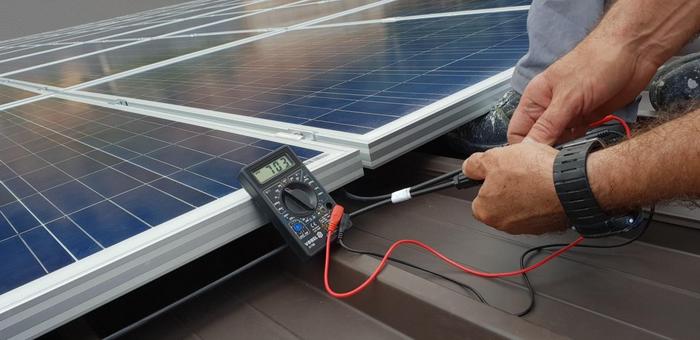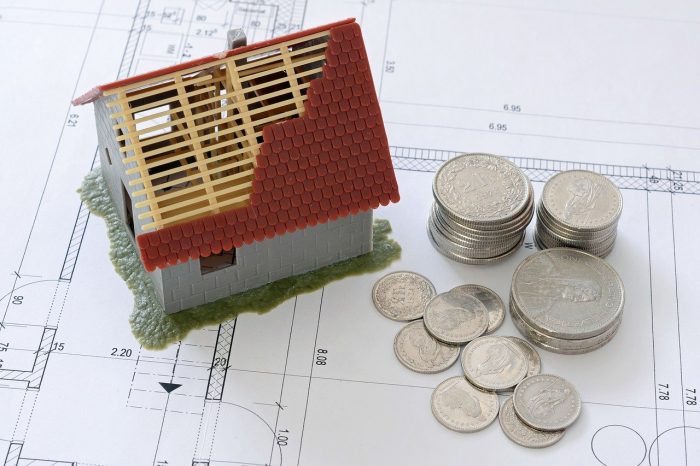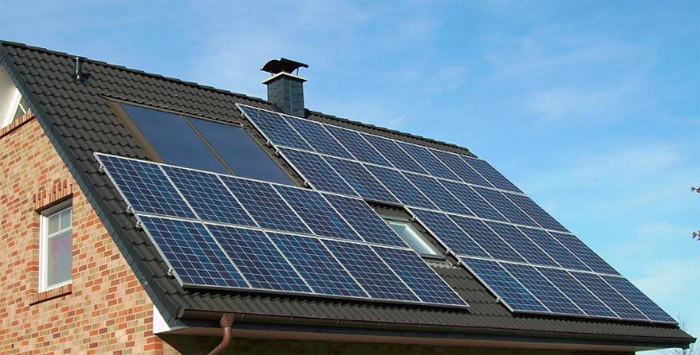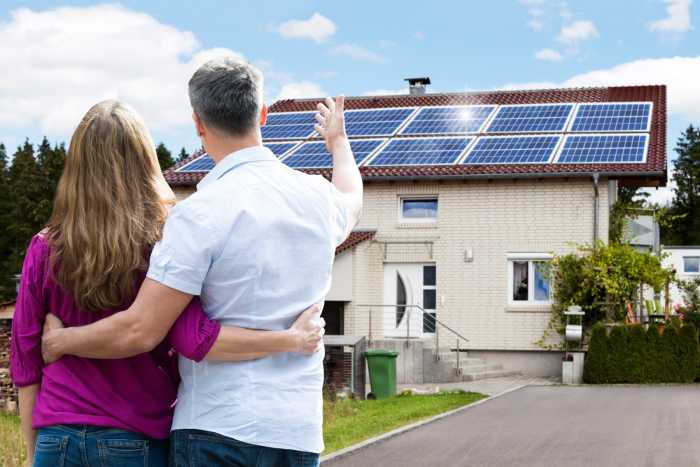Did you know that the average home in the United States spends between $100-$200 per month on electricity? Based on the costs, this makes electricity one of the most expensive household utilities you can have.

Are you tired of the cost of electricity and want to switch to a cheaper alternative? Then look no further than a solar power system. This is a cost-effective way to get free energy through an endless resource — the sun.
Are you interested in learning more about this and what you need to consider before getting solar power systems? Then read through our guide to learn more!
1. Assessing Your Home’s Solar-Readiness
One of the most important things to assess is your home’s solar readiness. You should check your roof’s design, orientation, and available sunlight exposure. Make sure that all surfaces are large enough for the number and size of home solar installations.
Another factor to consider is electrical capacity. You will need enough existing capacity to power any potential solar power system. You should also assess your monthly electrical consumption. This will determine the size of the installation and the amount of energy you can expect to produce.
2. Examining Your Local Climate Conditions
The position of the sun could impact how much energy you can generate from your system. You may want to consider factors like your latitude, elevation, length of the day, and your potential shading from nearby trees or buildings.
Variations in temperature over the year can also impact the efficiency of photovoltaic (PV) systems. Winters can cause a significant dip in energy production due to reduced sunlight hours and cooler days.
3. Taking Advantage of Available Tax Incentives

Depending on the area you live in, you may be eligible for a variety of potential tax credits and deductions. States and local governments may also provide tax incentives for solar installations. The specific incentives you are eligible for will affect the overall cost of the project.
Here’s a list of the possible tax incentives that you can take advantage of.
Solar Renewable Energy Credits (SRECs)
An SREC is a certificate of proof that an energy system produces a certain amount of electricity from an approved renewable energy source. This can then be sold or traded on the open market for monetary value. Some states have laws to incentivize renewable energy production, which allows for various laws, such as SREC credit programs, to be put in place.
It is important to look into your state’s laws before installation to ensure you understand what credits you can receive and the monetary value they can bring. You should also look at any current incentives and regulations that your state may offer to maximize the benefits of your solar power system.
Tax Credits and Rebates
Federal and state governments offer incentives for consumers and businesses who choose to switch to solar energy. Federal tax credits offer up to 30% of the cost of solar equipment and installation. These credits are available for both residential and commercial customers and can be claimed for up to 10 years.
State-level incentives may offer cash grants, net metering, and property tax exemptions depending on where the system is installed. Solar power systems are a great investment that can save money on energy bills. Check out this source to further understand the financial implications before purchasing one.
Tax Exemptions
Depending on the state you live in, you may qualify for a tax rebate on your solar panel installation or other incentives. Research your state’s laws to find out if these are available to you. Many states require solar energy systems to meet specific requirements to qualify for tax exemptions or incentives.
The amount of the credit may vary depending on the type of solar energy system you install. Be sure to check with your tax advisor to review the tax implications for federal and state jurisdictions. Knowing about these exemptions beforehand can help ease the burden of financing the solar power system.
4. Choosing the Right Solar Equipment for Your Home

Properly selecting the right size, type, and power of the solar system will ensure that you get the right amount of energy for your home and the system is running efficiently. You should consider the size of your roof and estimate how much sunlight your home receives to determine the right size of the solar panel.
Discuss with experienced professionals to understand the difference between poly- and mono-crystalline vs. thin-film panels, and which type would work best on your home. Make sure that you double-check the warranties and certifications to ensure the quality of the equipment. Check the existing electric wiring in your home, and make sure the system is connected correctly.
5. Locating the Proper Installer for Your Solar System
It is not recommended to try to install the system yourself. It is a complex process that requires extensive knowledge of solar systems and experience in doing so. It is important to find an installer with the necessary licenses and experience to install solar systems.
A professional installer can also help you make sure your system conforms to local regulations and is set up in the right location to maximize its efficiency. Get a few quotes from reputable installers in your area and compare the costs before you make your decision. Make sure to check their references to make sure they are certified and qualified to do the job.
As with any power system installation, safety is a priority. This means that all wiring needs to be inspected and approved by an electrical inspector before the system is put into use.
Go Green by Having a Solar Power System Installed

A solar power system could provide many benefits for your home or business. To ensure a successful and smooth installation process, it is important to consider the size of your property and your energy needs, and choose an experienced installer that you trust.
With the right knowledge, you can enjoy the long-term financial, environmental, and lifestyle benefits of your solar power system. Contact an experienced installation team today to get started!
If you find this article educational, make sure to browse our blog for more interesting reads!











